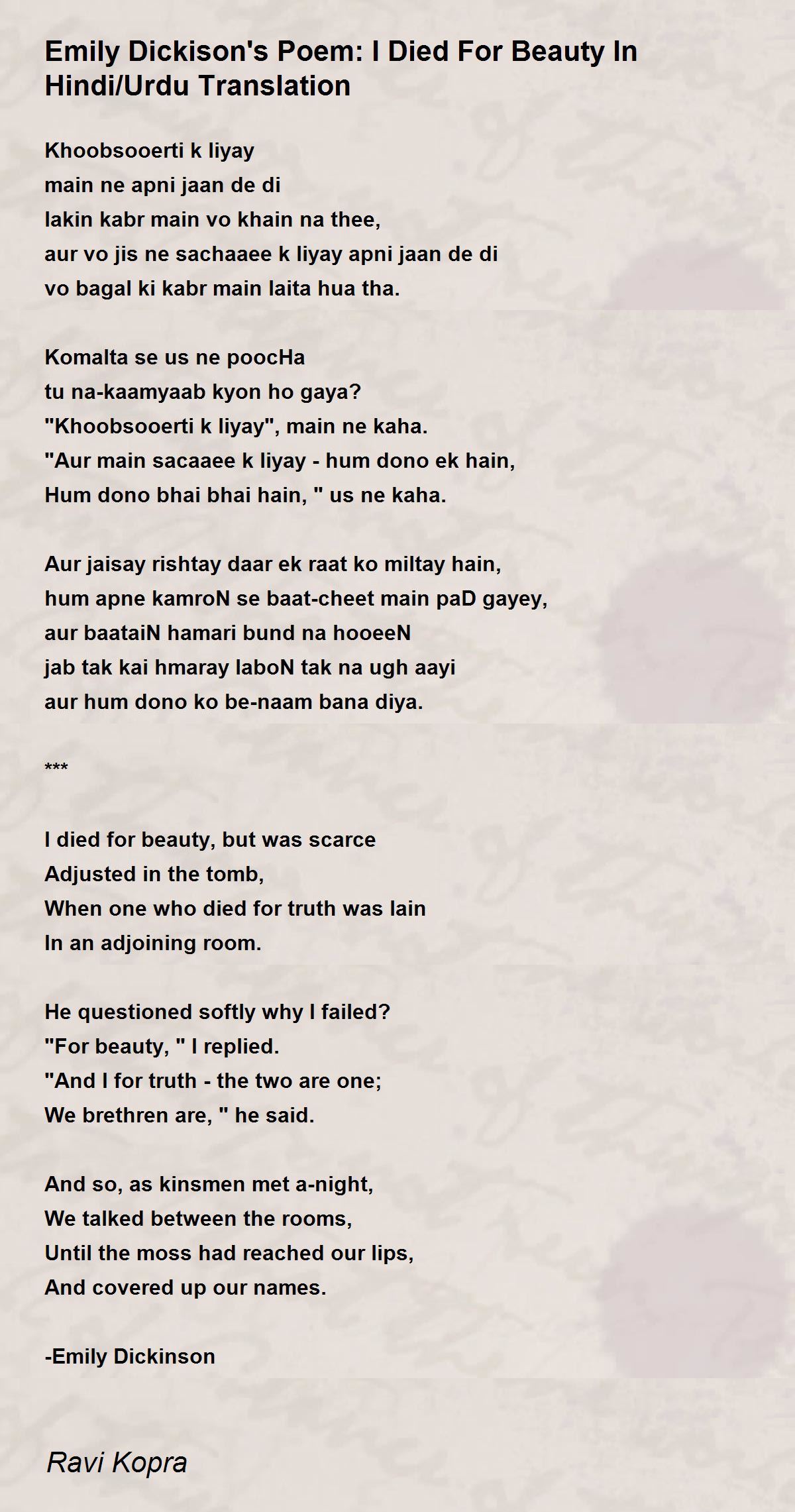

It is a little like a novel, often like a collection of prose poems, and often like a series of aphorisms and philosophical reflections. The Book of Disquiet, if not unique, is close to it. Of these four, his greatest creation-and perhaps the heteronym closest to Pessoa's self-is Bernardo Soares, the "author" of The Book of Disquiet. Although Pessoa made use of more than five dozen heteronyms in the course of his thirty-five years, the best known are Alberto Caeiro, Ricardo Reis, Álvaro de Campos, and Bernardo Soares.

But it does take a little explaining.įernando Pessoa, in order to express various philosophical and poetic moods, constructed a series of what he termed “heteronyms.” The heteronym, although similar to the mask or persona, differs in that each one is equipped with a name, a personality, a biography, and a physical description, as well as a distinct writing style. Who are the four greatest Portuguese poets of the 20th century? A.

Here is the only Portuguese literary joke I know: Q. Fernando Pessoa, in order to express various philosophical and poetic moods, constructed a series of what he termed “heteronyms.” The heteronym, although similar to the mask or persona, differs in that each one is equipped with a name, a personality, a biography, and a physical description, as well as a making "page one" be an introductory non-authorial textual criticism, rather than with the book's contents itself)- that an editor can pad out the size of a book.Ī better way to compare the sizes of different versions would be with word counts. It's possible through the clever use of double-spacing, white spaces, empty pages delineating differences in sections, and differences in counting pages (i.e. Richard Zenith includes not only fragments Fernando Pessoa didn't want in, but also author notes, and letters to friends concerning the book. Future editors, as obsessed as they are with completionism, included more than the author intended sometimes depending on the version. The Book of Disquiet is a hodgepodge of different fragmentary ideas, and though there is some editorial freedom in such a concept, Fernando Pessoa did include some notes on which parts he wanted.

Ryan I can think of a couple of reasons for this: 1) The editor wasn't as exhaustive The Book of Disquiet is a hodgepodge of different fragmentary ideas, and …more I can think of a couple of reasons for this:


 0 kommentar(er)
0 kommentar(er)
